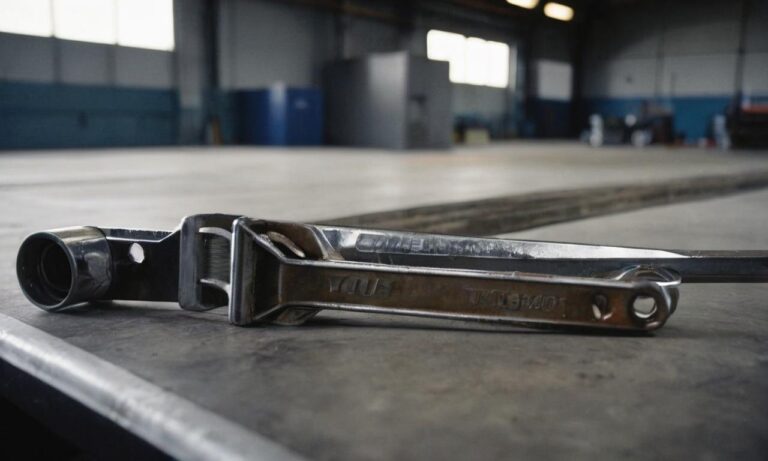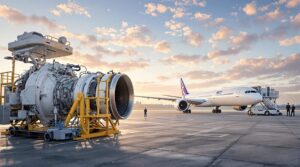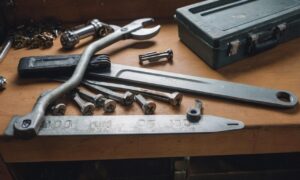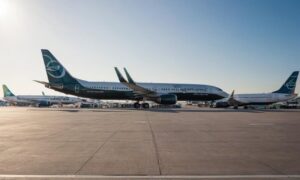Embarking on a career as an aircraft mechanic can be an exciting journey into the dynamic world of aviation. However, like any profession, it comes with its own set of advantages and challenges that aspiring individuals should carefully consider. In this comprehensive exploration, we delve into the pros and cons of being an aircraft mechanic.
The Pros
Being an aircraft mechanic offers a range of benefits that can make it an appealing career choice for those with a passion for aviation and a knack for technical expertise.
- Lucrative Opportunities: The aviation industry is known for offering competitive salaries, and aircraft mechanics are no exception. Skilled professionals in this field often enjoy lucrative compensation packages.
- Technical Mastery: Aircraft mechanics develop an in-depth understanding of complex aircraft systems, engines, and components. This technical mastery can be intellectually rewarding for those who thrive on solving intricate problems.
- Global Opportunities: As the aviation industry operates on a global scale, aircraft mechanics have the chance to work in diverse locations around the world. This provides a unique opportunity to experience different cultures and broaden professional horizons.
- Job Stability: With the constant growth of air travel, the demand for skilled aircraft mechanics remains high. Job stability is a significant advantage in this field, offering a sense of security for those pursuing a long-term career.
The Cons
While the rewards of being an aircraft mechanic are evident, it’s essential to acknowledge the potential challenges that come with the territory.
- Physical Demands: The job of an aircraft mechanic can be physically demanding, requiring individuals to work in various weather conditions and sometimes in confined spaces. This aspect may not be suitable for everyone.
- High Responsibility: Aircraft mechanics shoulder immense responsibility, as their work directly impacts the safety of flights and passengers. The pressure to perform flawlessly and adhere to strict safety protocols can be stressful.
- Continuous Learning: Given the ever-evolving nature of aviation technology, aircraft mechanics must stay abreast of the latest advancements. Continuous learning and training are essential, making it imperative for individuals in this field to embrace a lifelong commitment to education.
- Irregular Hours: The aviation industry operates around the clock, and aircraft mechanics may be required to work irregular hours, including weekends and holidays. This can affect work-life balance and personal schedules.
Choosing a career as an aircraft mechanic involves weighing the pros and cons to make an informed decision. The field offers exciting opportunities for those who are passionate about aviation and possess the necessary technical skills. However, it’s crucial to be aware of the challenges and be prepared to navigate them in pursuit of a rewarding and fulfilling career in the dynamic world of aircraft maintenance.
Frequently Asked Questions
Aspiring aircraft mechanics often have common questions about the intricacies of this dynamic profession. Here, we address some frequently asked questions to provide a more comprehensive understanding.
What Educational Background is Required?
While formal education in aviation maintenance is beneficial, many aircraft mechanics gain expertise through specialized training programs and apprenticeships. A combination of classroom learning and hands-on experience is often preferred by employers.
Are There Specializations Within Aircraft Maintenance?
Yes, aircraft mechanics can specialize in various areas such as airframe maintenance, powerplant maintenance, avionics, and more. Specializing allows professionals to deepen their knowledge in specific aspects of aircraft maintenance.
How Does Certification Play a Role?
Certification is crucial for aircraft mechanics. The Federal Aviation Administration (FAA) in the United States, for example, requires mechanics to obtain an Airframe and/or Powerplant (A&P) certificate. This certification ensures that mechanics meet the necessary standards and regulations.
| Pros | Cons |
|---|---|
| Lucrative Opportunities | Physical Demands |
| Technical Mastery | High Responsibility |
| Global Opportunities | Continuous Learning |
| Job Stability | Irregular Hours |
Exploring Career Paths
Beyond the traditional roles, aircraft mechanics can explore diverse career paths. These include becoming aviation inspectors, maintenance managers, or even transitioning into roles in aircraft manufacturing. Exploring these paths can offer new challenges and opportunities for career growth.
How Does Technology Impact Aircraft Maintenance?
Advancements in technology play a significant role in shaping the future of aircraft maintenance. The integration of artificial intelligence, data analytics, and robotics is transforming how aircraft are inspected, diagnosed, and maintained.
Is Networking Important in the Aviation Industry?
Networking is a valuable aspect of building a successful career in aviation. Establishing connections with industry professionals, attending conferences, and joining aviation associations can open doors to new opportunities and insights within the field.






